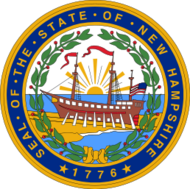Fractals in Geometry: Fractal Cities *Final*
(View Complete Item Description)This lesson was created by School Library Media Specialist, Pam Harland, and Math teachers Rebecca Hanna and Carissa Maskwa to model text-based inquiry in STEM. Over the course of the unit, students will explore a variety of texts and grow in their knowledge of fractals, city design, and ability to use informational text to support their inquiry and research.The unit was created in year two of the School Librarians Advancing STEM Learning (SLASL) project, led by the Institute for the Study of Knowledge Management (ISKME) in partnership with Granite State University, New Hampshire, and funded by the Institute for Museum and Library Services (IMLS).
Material Type: Unit of Study




















